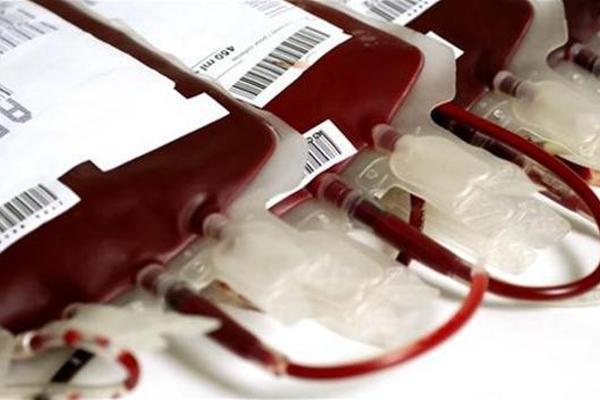Turkish man barred from donating blood after US official cites Chernobyl disaster
ISTANBUL


İbrahim Yaşasın applied to “One Blood Foundation” in West Palm Beach in order to donate blood and filled in the necessary forms, but he was rejected by the official in charge.
At first Yaşasın thought he was being discriminated against and told the official that what they were doing “constituted a crime” and he would file charges against the foundation.
But he soon found that the 1986 Chernobyl accident in Ukraine was the reason for the official’s action.
“They later asked me when I lived in Turkey, where I did military service, and whether I was served food such as eggs, tea, and hazelnuts in 1986. When I told them that I did eat [them], they questioned me about some hazelnuts and tea brands. They then said: ‘After the 1986 Chernobyl explosion, some of the brands exported abroad [from Turkey] were sent back and the products were distributed to the [Turkish] military and some schools. Because of this we cannot accept the blood of Turks and some other countries.’ It was a huge shock,” Yaşasın told Habertürk.
The daily contacted the “One Blood Foundation,” which reportedly stated the following: “According to the U.S. Federal Health laws, we cannot accept blood donations from people who lived in some European countries, including Turkey, between the years of 1980 and 1996 for at least five months.”
“In particular we rejected citizens of the U.K. and France for a while. European citizens between the ages of 21 and 37 are turned down due to the possibility of them having the Creutzfeldt-Jakob disease (CJD) or being carriers of mad cow disease (BSE). Those affected by the Chernobyl disaster are not the only ones being rejected,” it added.
Dr. Metin Kalender, the Turkish Red Crescent’s Blood Services unit manager, told Habertürk that similar regulations also exist in Turkey.
“We cannot say that Turkey does not accept blood donations from a specific list of countries, but there are some criteria determined by the World Health Organization. The election criteria on blood donations in Turkey depend on the issues published in the Health Ministry’s guidebook on blood and blood products. In the donor election process, there is a donor question form. This form includes some variations based on the conditions of each different country,” Kalender was quoted as saying by the newspaper.
